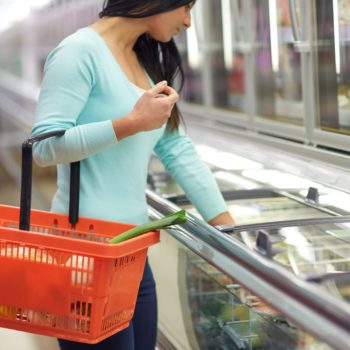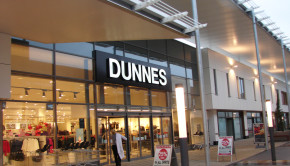Irish shoppers feel the pinch as grocery price inflation continues

Food prices are expected to continue elevating for years to come
31 May 2022
The war in Ukraine has led to the largest commodity price shock since the 1973 oil crisis, a new World Bank report has said. Where both energy markets and food prices are concerned, it said it is likely the impact of the war will be felt for years to come.
Energy prices saw significant increases owing to Russia’s status as a major exporter of oil and gas. Energy prices rose 448% from January to March 2022 as the invasion exacerbated pre-existing tensions in global supply chains.
Before the war, the World Bank said it expected to witness a 2% decrease in food prices in 2022. Now, prices are set to rise by 23% this year. Food prices are expected to continue elevating for years to come. In 2024, prices are expected to sit 15% higher than the World Bank had forecast in October 2021.
Policymakers across the globe are now noting shortages of basic foodstuffs of which Ukraine and Russia are major exporters, such as wheat. Ireland may be unlikely to witness major food shortages, but prices of many basic items are likely to rise.
Market research firm Kantar show Irish grocery price inflation hit 4.7% in the 12 weeks to 17 April 2022. This is its highest level since September 2013.
As the shortage of wheat filters its way downstream in the food chain, prices of kitchen staples such as bread, pasta, breakfast cereal and biscuits will likely continue to rise in the months ahead.
The average household is facing a €330 price increase on their annual grocery bill, and 23% of households say they are now struggling to make ends meet when it comes to their weekly food shop according to Kantar’s most recent Link Q Service. Retailers are responding to the rising price of goods, focusing their efforts on offering everyday low prices for shoppers.
As such, German grocery discounters, Aldi and Lidl appear set to increase their share of the Irish market in the coming months. The latest figures show Aldi on 12.1% and Lidl on 13%, while their combined share was just 23.4% at the beginning of the year.
In the early stages of the pandemic, the discounters saw their market share rise, but as economic fears lessened the bigger operators regained lost ground. General unrest over food inflation appears to be having a similar effect.



 Print
Print





Fans 0
Followers